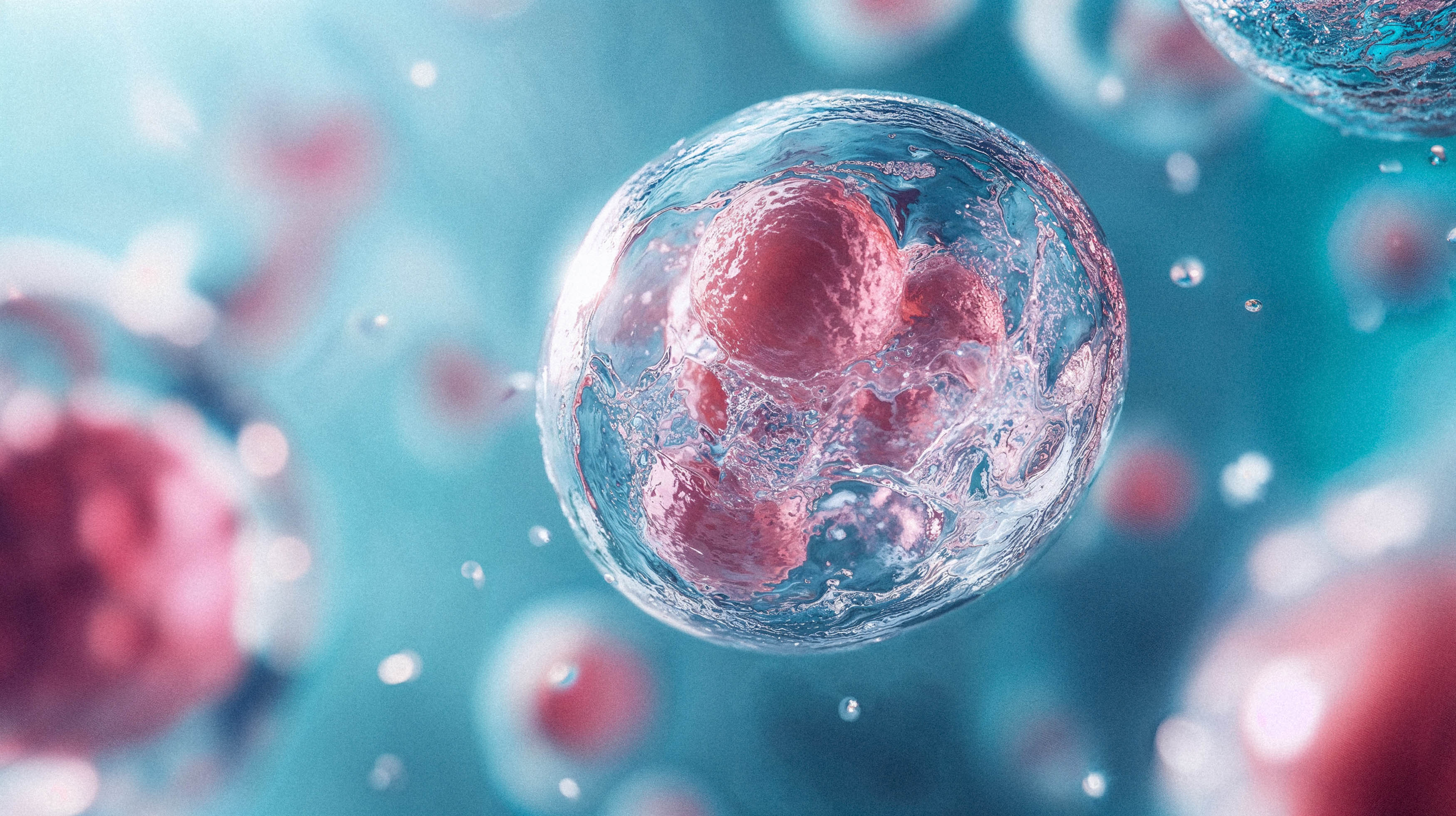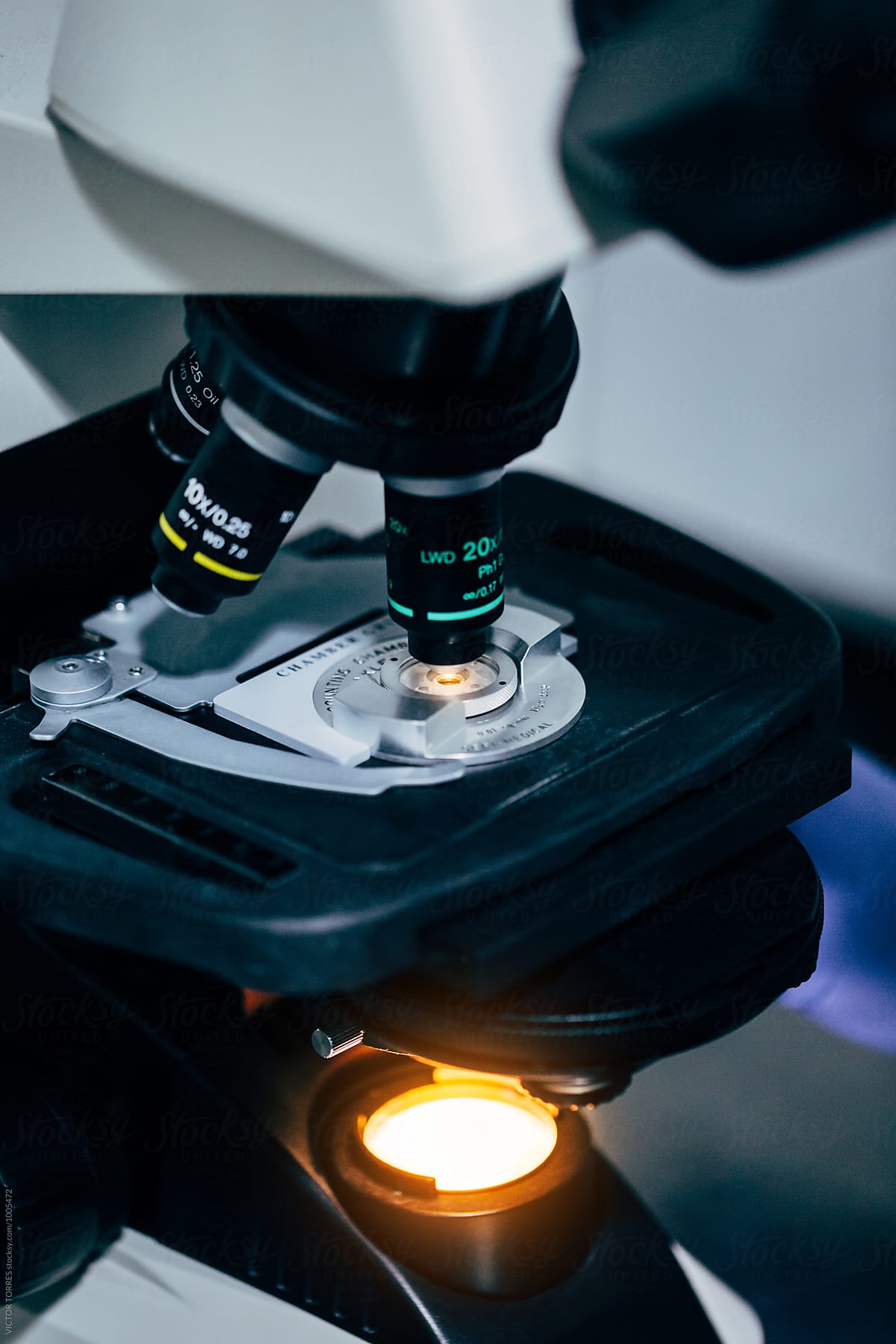Blog Post
Preserve Your Fertility with Egg Freezing
Egg freezing, also known as oocyte cryopreservation, is an innovative method that allows women to collect, freeze, and store their unfertilised eggs for future use. This procedure has gained popularity as women increasingly seek to take control of their reproductive choices, often due to social, medical, or personal reasons. By freezing their eggs, women can alleviate the pressure of their biological clock while preserving their fertility for when they are ready to start a family.
Understanding Egg Freezing
Egg freezing involves a multi-step process:
1. Ovarian Stimulation: Hormonal medications are administered to stimulate the ovaries to produce multiple eggs.
2. Egg Retrieval: Once the eggs are mature, a minor surgical procedure is performed to retrieve them from the ovaries.
3. Freezing: The retrieved eggs are frozen using advanced techniques, such as vitrification, which minimises ice crystal formation and maximises cell survival rates.
This process allows women to store their eggs for years, providing the flexibility to conceive later in life.
Why Consider Egg Freezing?
There are numerous reasons why women may choose to freeze their eggs:
- Career Priorities: Many women focus on their careers and personal development in their 20s and early 30s, delaying family planning until later.
- Medical Reasons: Women facing medical treatments that may affect their fertility, such as chemotherapy, may opt for egg freezing to preserve their reproductive options.
- Age-Related Concerns: Fertility declines significantly after age 35, making early egg freezing a proactive choice for many women.
- Relationship Status: Women who are not currently in a stable relationship may wish to freeze their eggs to ensure they have the option to conceive later.
Success Rates of Egg Freezing
The success of egg freezing largely depends on the age of the woman at the time of egg retrieval. Research indicates that:
- Women under 35 typically have higher success rates, with about 90% of frozen eggs surviving the thawing process and a 45% chance of resulting in a clinical pregnancy.
- As women age, the number of viable eggs collected decreases. For instance, women aged 35-38 may only yield about 5-7 healthy eggs on average, which can impact the likelihood of achieving a successful pregnancy later on.
- The overall success rates can vary, but studies suggest that approximately 70% of thawed eggs will fertilise, and about 40% will develop into viable embryos.
Mental Health Benefits
Beyond the biological advantages, egg freezing can significantly impact mental health. Many women report feeling a sense of relief and reduced anxiety after freezing their eggs. This process allows them to make decisions about family planning without the stress of an impending biological deadline. Psychotherapist Lisa Schuman notes that egg freezing can alleviate feelings of self-recrimination and pressure, enabling women to approach parenthood on their own terms[5].
Conclusion
Egg freezing is a powerful option for women who wish to preserve their fertility while navigating the complexities of modern life. Whether driven by career aspirations, medical needs, or personal circumstances, this procedure offers a way to take control of reproductive health. As more women become aware of the benefits and success rates associated with egg freezing, it is likely that this method will continue to grow in popularity, empowering women to make informed choices about their futures.
By understanding the process, success rates, and emotional benefits of egg freezing, women can approach their reproductive health with confidence and clarity.
More POSTS




